Day to day, rain has probably been front of mind for retailers as dismal July weather resulted in soggy footfall in many places.
However, it won’t have escaped them that July also brought the hottest day on record – and the hottest July, if not in Blighty – as a heatwave engulfed Europe. Wildfires blazed in Greece and holidaymakers in Spain and elsewhere in the Med stayed in rather than braving scorching temperatures outside.
The high temperatures are widely accepted by scientists to be an effect of climate change and are a reminder of why retailers’ commitment to sustainability – and addressing other societal challenges – is so important.
Retailers across the board are adapting their businesses to become more sustainable, both collectively through the BRC and individually, and have set themselves tough targets – the result of years of effort, such as Marks & Spencer’s long-standing Plan A, rather than any last-minute conversion to the cause.
Tesco, for instance, is one big name to have set itself the objective of achieving net zero across its own operations by 2035. Last year the top grocer cut scope 1 and 2 emissions by 55%.
There is a straightforward commercial rationale for retailers to act on climate change. As Tesco puts it, the business contributes to climate change but, crucially, “is also vulnerable to it”. The impact of climate change would be evident on shelves, felt by customers and ultimately felt by Tesco.
“There is a straightforward commercial rationale for retailers to act on climate change. As Tesco puts it, the business contributes to climate change but, crucially, ‘is also vulnerable to it’”
But that is not the only reason of course that Tesco and others from Amazon to B&Q owner Kingfisher are acting. They are doing so because they take seriously their wider responsibilities to society.
That has always been true of retail. As the biggest private employer in the UK and frequently highly visible through store networks, retailers form one of the most customer-facing businesses of all.
People are used to, and expect, retailers to play a part in their lives – as an employer, and a good neighbour that enhances lives and supports good causes locally and nationwide.
At present, as the cost-of-living crisis continues to bite, retailers remain for some people – as during Covid – an emergency service that helps keep food banks stocked by donating products that would otherwise go to waste.
While retailers, like their customers, have had to contend with eye-watering inflation, they know that while in the end they exist to make money they also need to look beyond the simple P&L to thrive in the long term.
Otherwise, as well as potentially losing the affection of customers, they risk falling out of favour with investors increasingly brought into the ESG agenda and jeopardising hard-won reputations.
As retailers contend with such thorny issues, they are effectively helping create a ‘more positive, sustainable, equitable and successful’ Britain – the ambition of Anthropy, a network and gathering taking place later this year designed to spark innovation and fresh thinking among business leaders.
Retail evolves at pace, and will continue to do so. But the role this sector plays in society is a constant. For retailers to succeed in the long term, they need to see past the rain.
Retail Week is partnering Anthropy, which is taking place at the Eden Project from November 1-3. Retail Week is a media partner. To find out more about Anthropy, click here. Readers can use the discount code RTWK23150.























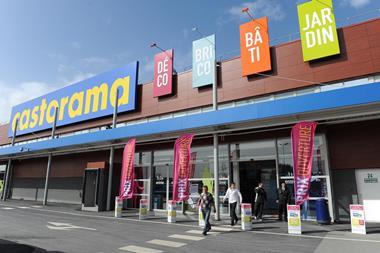
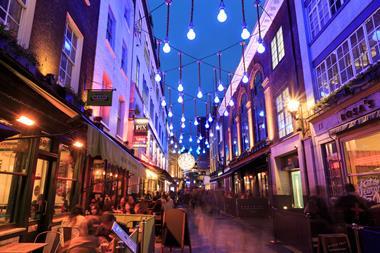
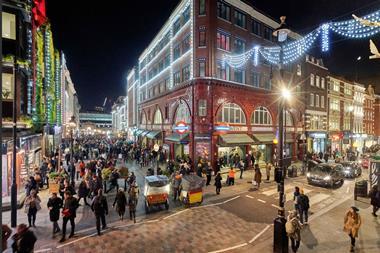

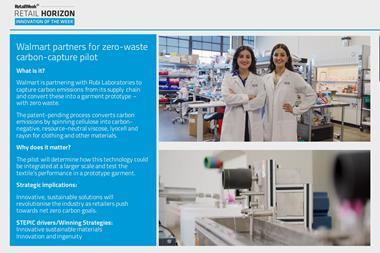
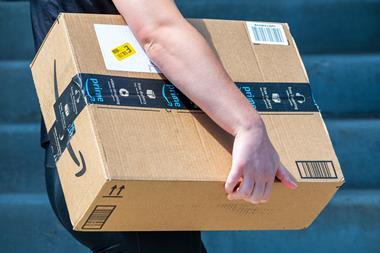
No comments yet